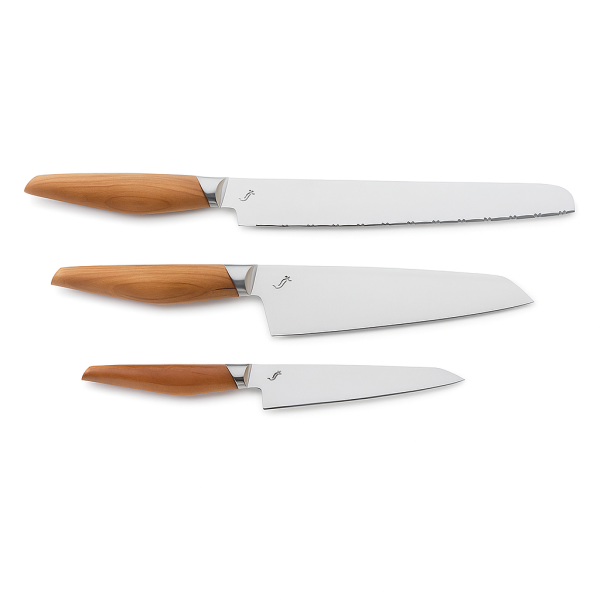Language
WORLDWIDE SHIPPING
Complete Set of 3 Japanese Kasumi Kasane Knives
was
€429.00
Special Price
€296.00
€242.62
Availability:
In stock
Complete set of 3 Japanese Kasane knives by Kasumi (Sumikama Cutlery).
The name "Kasane" comes from the phrase "kasane-no-irome," which refers to the ancient art of layering colors in Japanese kimono and represents the idea of layering in many ways, from the layering of landscapes across the seasons, the layering of times of day, to the layered efforts of craftsmanship to create a reliable tool.
The blades of Kasane knives are made of high-carbon stainless steel, and the edge stays sharp for a long time between sharpenings.
In addition to the steel material, the newly developed "ZERO EDGE" technology is named after Sumikama Cutlery’s achievement in bringing the edge thickness down to 0.0 mm already in the grinding process, so the final edge of the "ZERO EDGE" blade is super sharp and long-lasting.
The handles are made from natural wood sourced from mountain cherry trees in Gifu Prefecture.
The unique, special beauty of natural wood gives each knife its own aesthetic. The lightweight handle is specially designed for women or smaller hands.
The set includes the following knives:
- Kasane Bunka Knife, a versatile knife for various foods including meat, fish, and vegetables, also easy to use on a small cutting board. Blade length: 16.5 cm.
- Kasane Utility Knife, a versatile 12.5 cm knife. An elegant cutting tool ideal for fish, meat, fruits, vegetables, and peeling. Also useful and practical as a table knife on a small cutting board.
- Kasane Bread Knife, 21 cm. It has a special, unique edge structured with large and small serrations alternately, allowing clean and effortless slicing of everything from soft and crusty bread to sandwiches with minimal crumbs.
FAQs

 IT
IT FR
FR
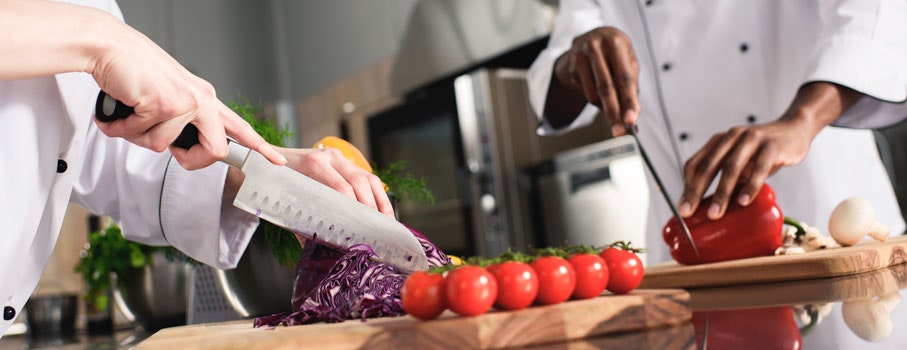
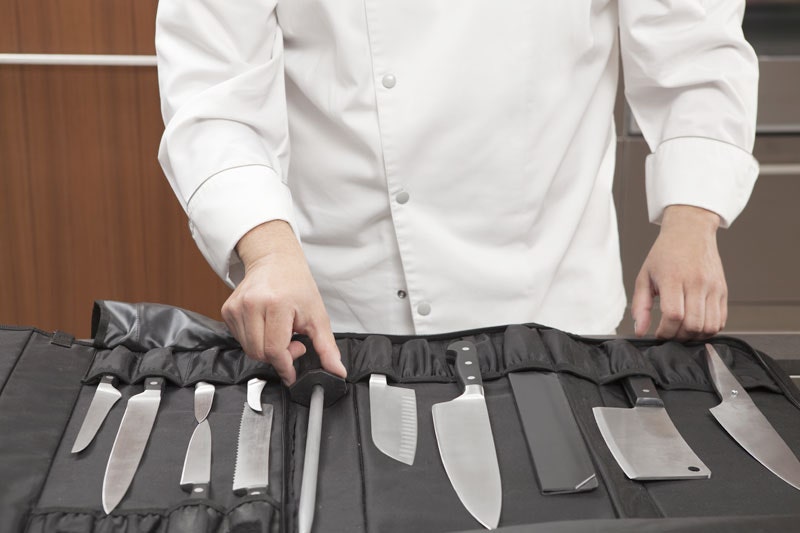
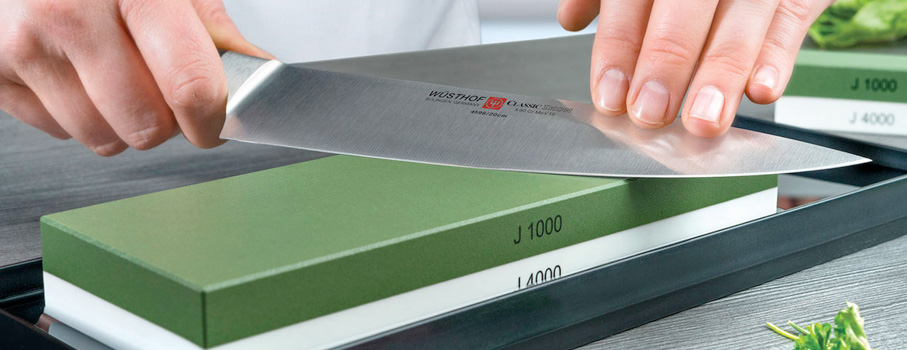
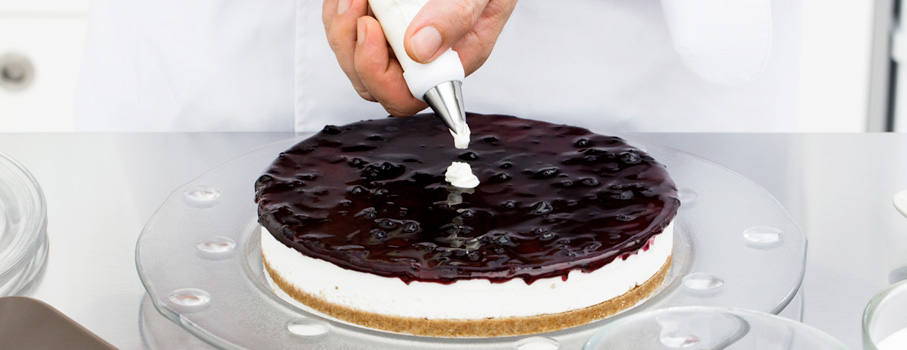

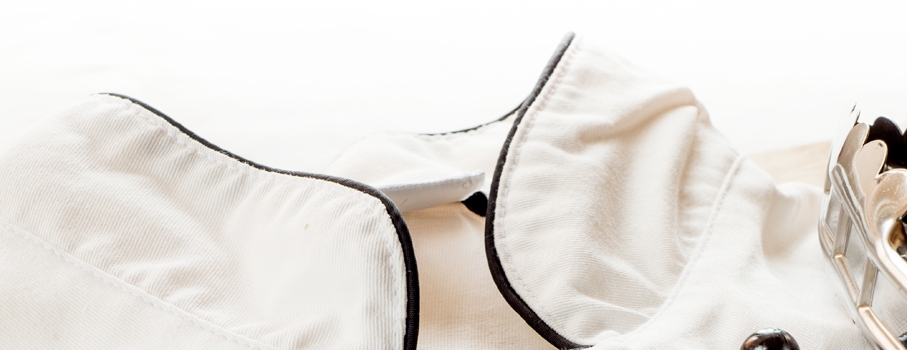
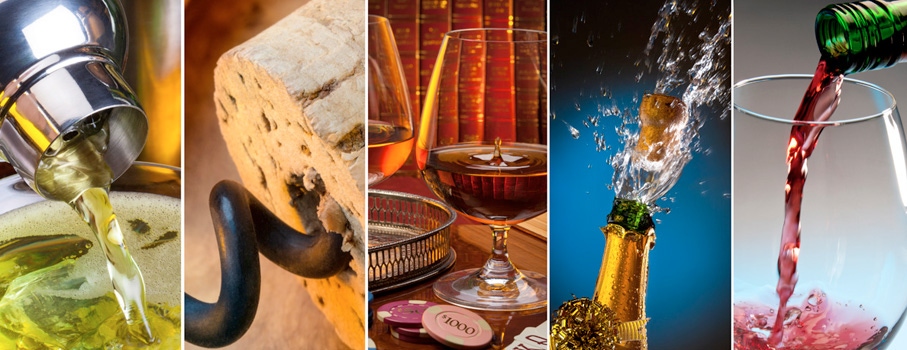
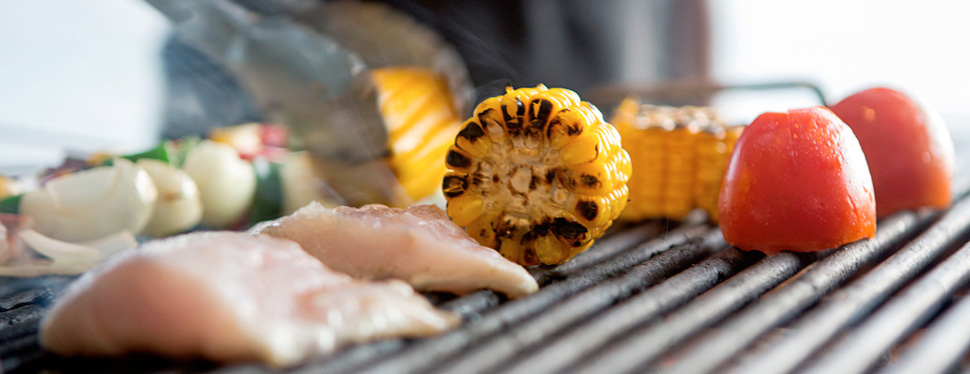

 IT
IT FR
FR
